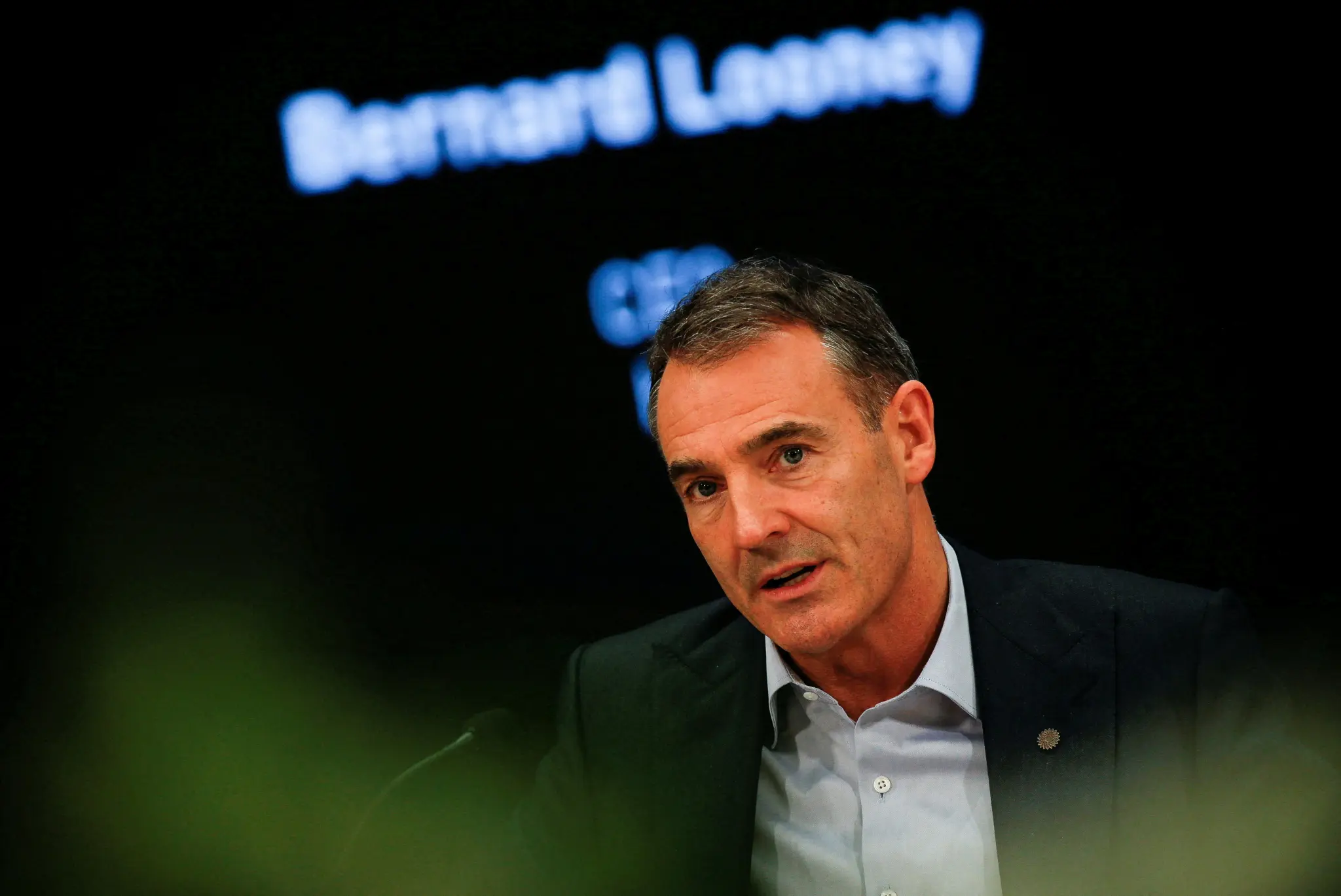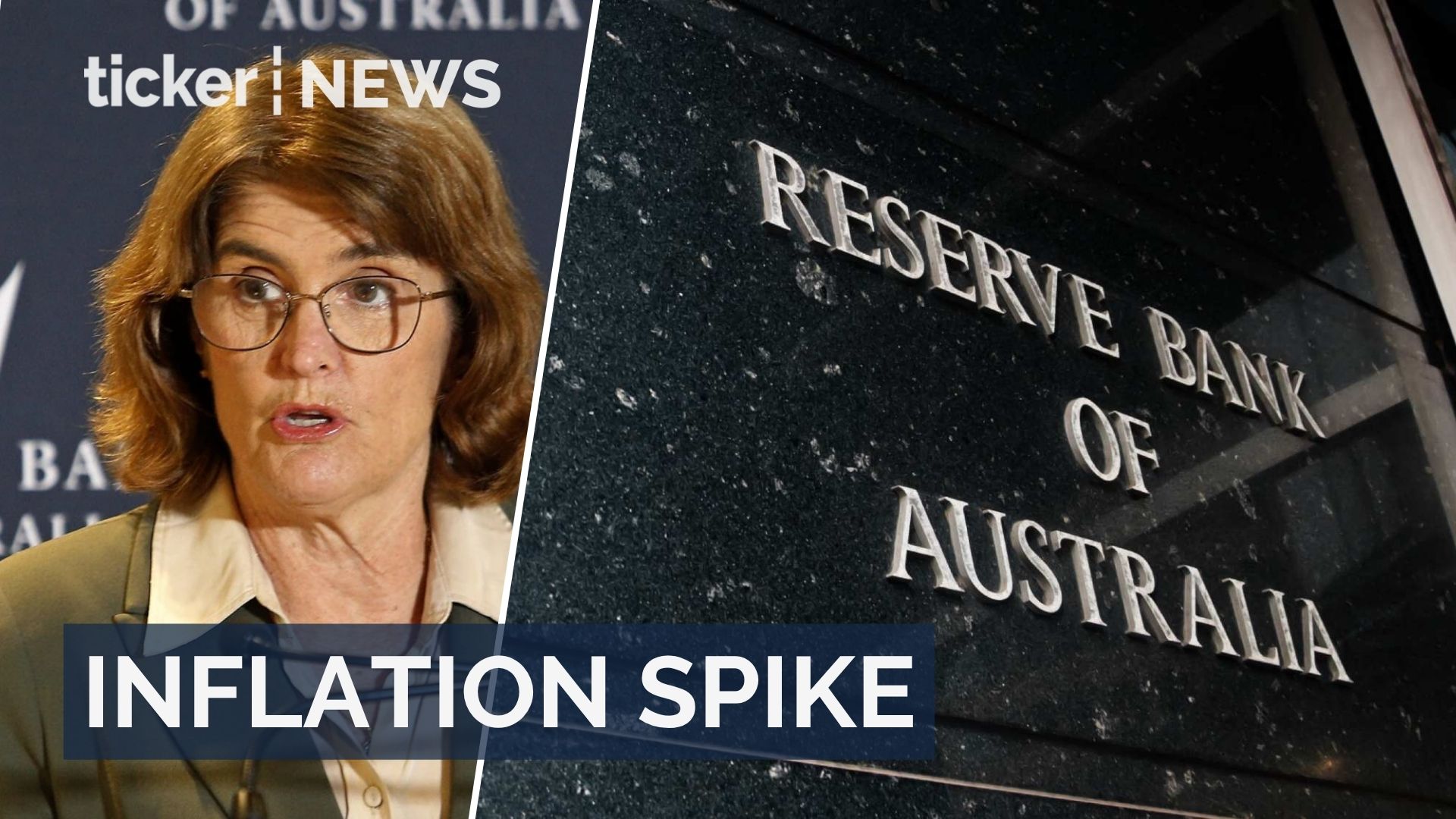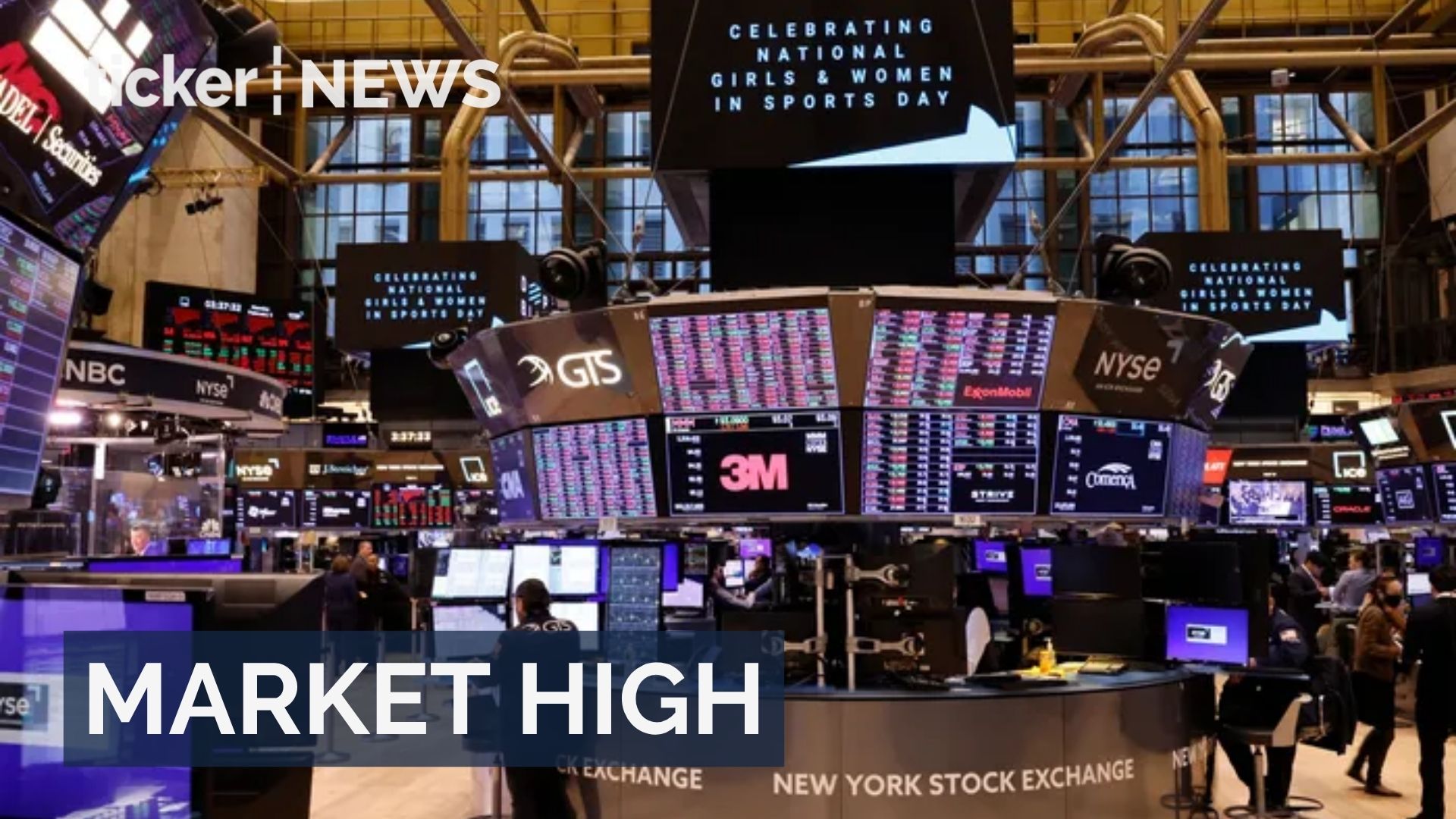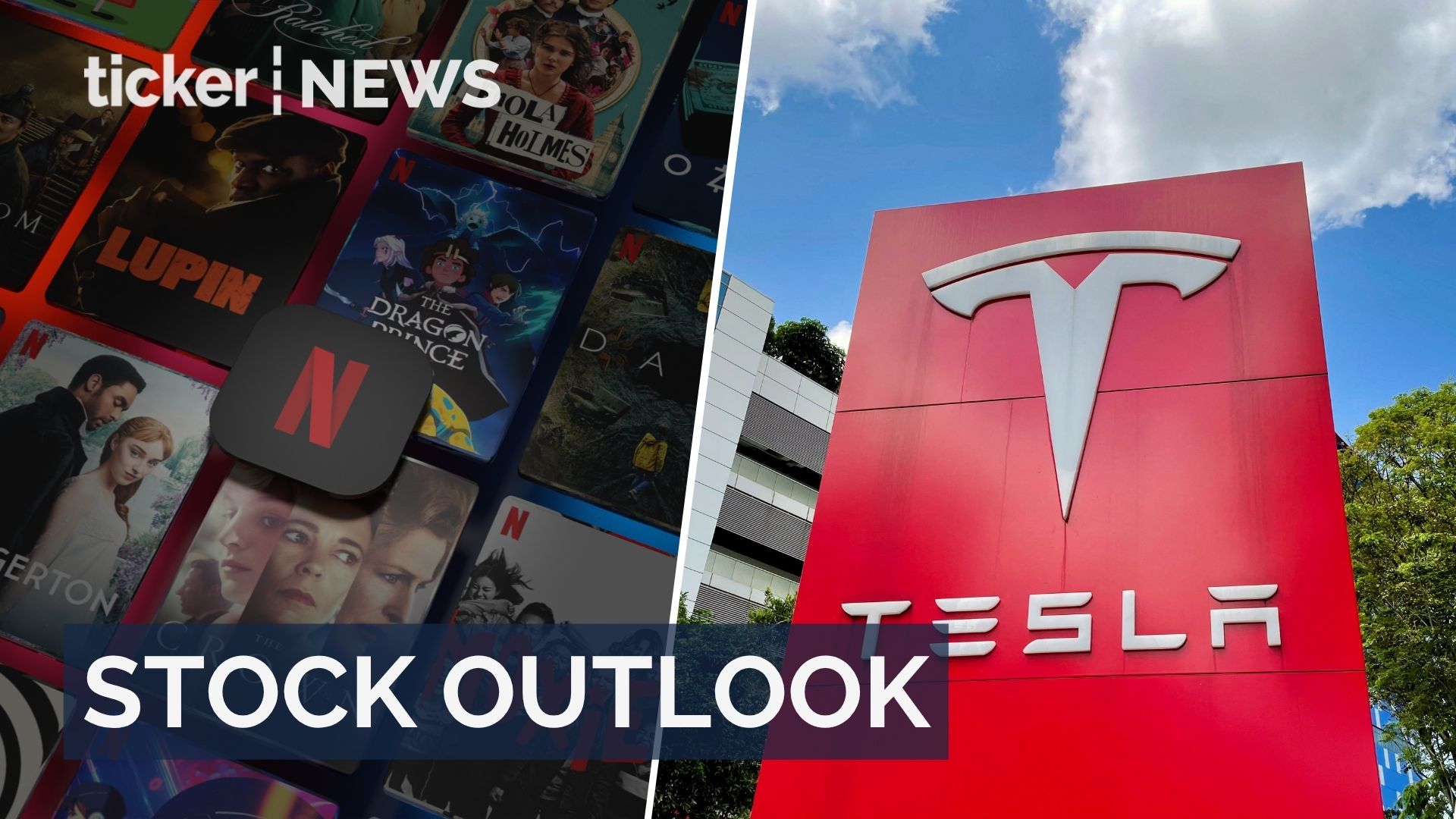Money
BP’s CEO quits amide allegations of secret relationships


Money
Inflation rise reduces chances of Reserve Bank rate cut
Inflation spikes, drastically reducing chances of a Reserve Bank rate cut amid economic pressures and rising costs
Money
Wall Street hits record highs on low inflation
Wall Street hits record highs on cool inflation and strong earnings ahead of key Federal Reserve interest rate decision
Money
US stocks face tests from Tesla, Netflix earnings
US markets brace for Tesla and Netflix earnings amid rising volatility and delayed inflation data
-



 Tech4 days ago
Tech4 days agoXi proposes global AI governance at APEC summit
-



 News3 days ago
News3 days agoTrump’s shock peace deal as Morocco and Algeria end fighting
-



 News4 days ago
News4 days agoUkraine targets and destroys key Russian fuel pipeline
-



 Property3 days ago
Property3 days agoInvestors discover 25 top house markets for growth
-



 Tech2 days ago
Tech2 days agoTech giants’ $47 billion AI infrastructure deals announced
-



 News4 days ago
News4 days agoWall St faces corporate earnings wave amid stock rally
-



 Leaders3 days ago
Leaders3 days agoBusinesses overlook global connectivity amidst rising AI investments
-



 News5 days ago
News5 days agoHow Gen Alpha are positioned to shape the future of education









